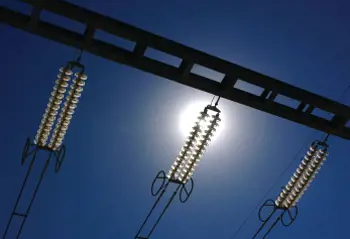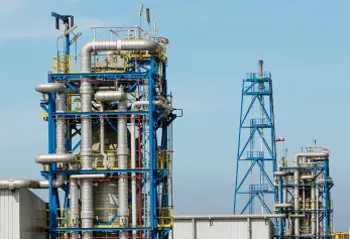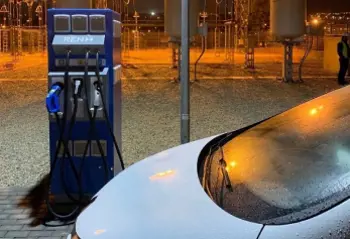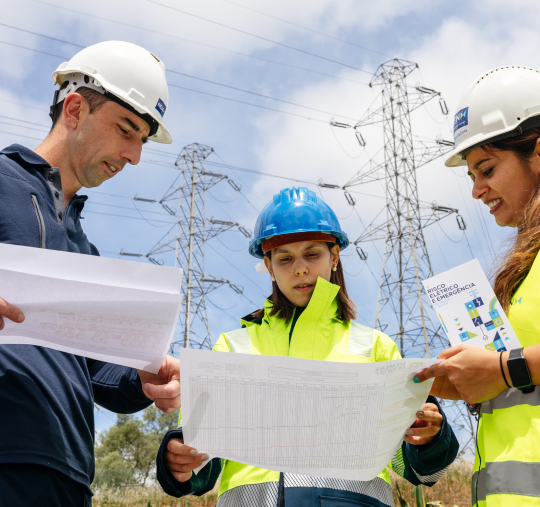REN’s analysis and strategic evolution

Electricity
Between 2019 and 2021, RES installed capacity grew by about 6 p.p. With regard to generation, the contribution of Renewable Energy Sources rose from 51% in 2019 to 59% in 2021. Seventy-three percent of the power generating park in 2021 is of renewable origin.

Gas
Receipt of the Gold Standard by the OGMP (Oil and Gas Methane Partnership) for the commitment to the decrease of methane emissions and for the reduction in the frequency of systematic inspection campaigns to search for leaks in the transmission and distribution infrastructures. Membership in the Hydrogen Europe and in the European Clean Hydrogen Alliance.

Company
By 2021, 56% of the acquired vehicles were electric. We promote the circular economy with the recirculation of technical clothing. Speed-e, an innovative solution for electric charging directly from the Very-High-Voltage lines, boosts green mobility.







